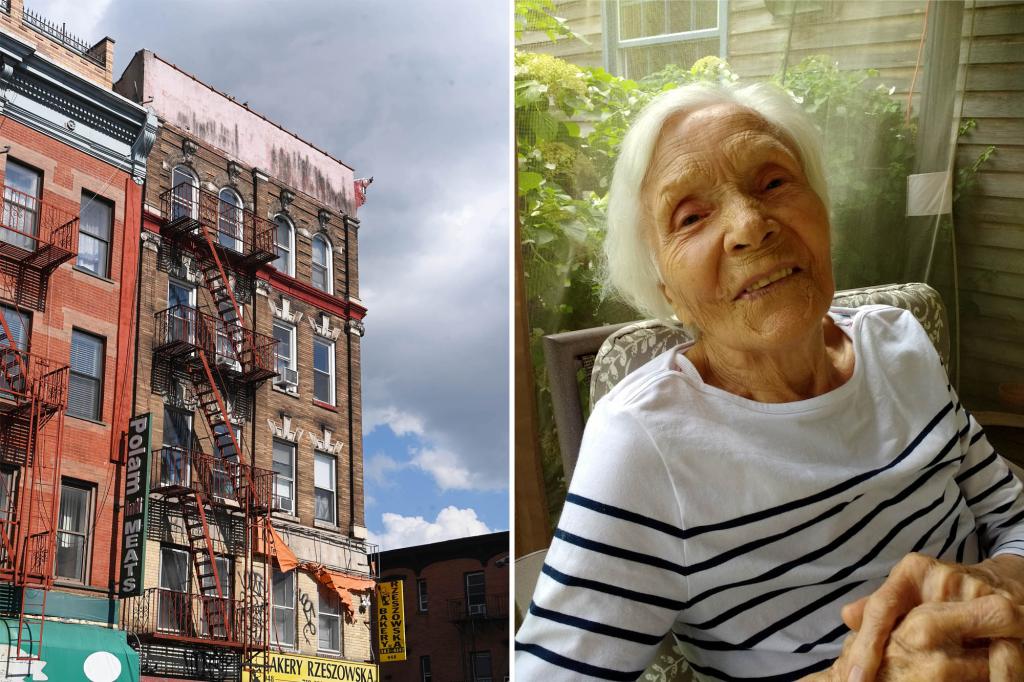Aleksandra Chodowiec, a Polish immigrant who arrived in the U.S. in 1973, worked hard and saved enough money to purchase a building in Greenpoint, Brooklyn, which is now worth over $4 million. However, due to her dementia, her family members claim that the income from the property is not being used to pay for her care when she needs it most. In 2018, a guardianship proceeding was initiated to oversee Chodowiec’s affairs, leading to the appointment of a property guardian, William Ellerton, who now controls the building’s management.
Ellerton, who was paid $25,000 in 2020 for temporary work before being appointed as the property guardian, has been criticized by Chodowiec’s relatives for failing to rent out the vacant units in the building. They claim that potential tenants, including a local baker interested in renting a space, have been ignored. The family also accuses Ellerton of taking a long time to reimburse them for Chodowiec’s expenses, including home health aides and other care needs, such as adult diapers. The building used to generate $100,000 in income annually, but the lack of proper management has hindered its ability to generate income.
According to Chodowiec’s son-in-law, Andrzej Szymanik, one of the available units in the building is in need of substantial renovation, which is necessary to attract tenants and generate rental income. The family has expressed frustration with Ellerton’s perceived lack of action in this regard, claiming that there have been delays in addressing necessary repairs and renovations. Additionally, the family has been at odds with Ellerton over the decision to potentially sell the property, as they believe it should be maintained as a source of income to provide for Chodowiec’s care.
In response to criticism, Ellerton has defended his handling of the case, stating that he has requested approval from the court to work with real estate professionals to determine the best course of action for the building. He has emphasized the need for renovations to make the units rentable and has highlighted the difficulties of managing a property with rent-controlled tenants. Ellerton has also stated that the family’s refusal to pay rent on the commercial unit they occupy has been a point of contention in the guardianship proceedings. Overall, the situation highlights the complexities and challenges of managing the affairs of elderly individuals with significant assets, especially in cases involving dementia and family disputes.
As Chodowiec continues to struggle with dementia, her family remains embroiled in a legal battle over the management of her valuable property in Brooklyn. The case underscores the importance of effective guardianship and oversight mechanisms to ensure that the assets of vulnerable individuals are properly managed for their benefit. The dispute over the Greenpoint building serves as a cautionary tale about the potential pitfalls of estate planning and the challenges that can arise when family members and court-appointed guardians clash over control of valuable assets. Ultimately, the outcome of this case will have lasting implications for Chodowiec and her family, highlighting the need for improved protections for individuals in similar situations.












